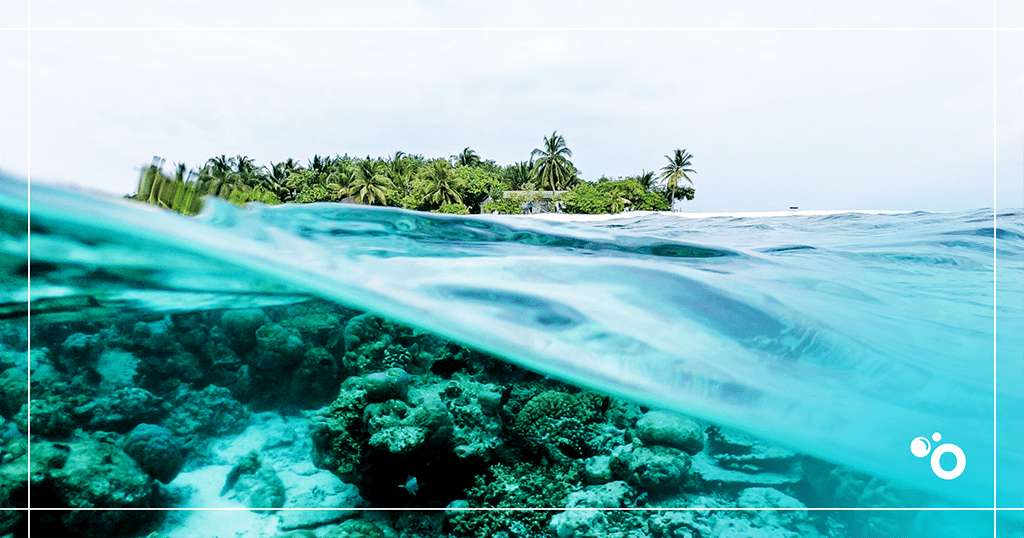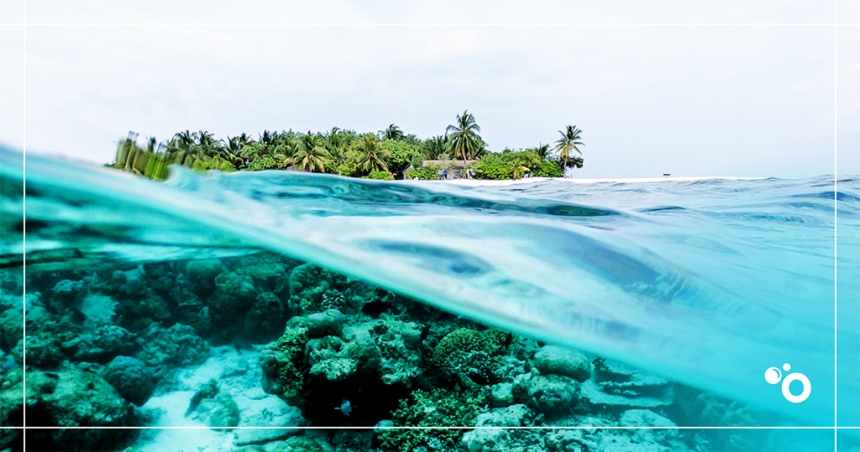coinspeaker
To save the ocean, we need to rethink the tactic of altruism

The ongoing climate crisis has resulted in loss of biodiversity, worldwide pollution and overall environmental degradation. We have reached a point where it seems almost unnecessary to educate the younger generation on climate change. Our ocean is doing this for us.
Over the past few decades, evidence of the destruction of our planet has been brought to public attention, resulting in increased global awareness and rapid development of climate action. The promotion of altruism has become an important task within environmentalism, considered an important element and part of the solution to a fundamental problem.
Often described as an important element of the common good as well as a major driver of charitable activities, altruism is considered a necessary, if somewhat utopian, part of society. However, research suggests that there are three main assumptions which explain people’s motivations for engaging in pro-environmental behaviours: the notion of ego – that such behaviors are undertaken to benefit themselves; the notion of altruism – to benefit others; and the notion of a moral principle – belief in the act itself, but not for itself or anyone else.
Of all three of the above beliefs, ego, or the notion of self-benefit, ranks among the top motivations for pro-environmental decisions. This means that while altruism is indeed a factor in ‘altruistic behaviour’, it is by no means the only factor to consider.
Bridging the gap between financial incentives and protection
While our future is inextricably linked with the well-being of our planet, even the most idealistic among us would have to agree that we cannot rely solely on human altruism to effect the biggest positive change. Can do This does not mean that public support is not necessary, but that altruism is only one factor within the conservation movement which includes other incentives and motivations.
conservation psychology – the scientific study of “the interpersonal relationships between humans and the rest of nature with the goal of encouraging conservation of the natural world” – argues that psychological science can help promote human behavior that protects and restores our environment Could In practice, this may involve providing appropriate incentives, including financial or material incentives.
Among the tools used by conservationists to achieve the broad goals of sustainability, financial incentives play an important role. a paper Published in the Journal of the National Academy of Sciences, it describes how economic-based incentives are influenced and promoted by external actors, including government, industry and consumers. The paper noted how these incentives “reinforce behaviors that enable individual actors to act in their self-interest in a way that aligns their behavior with the larger goals of communities or society”.
Positive incentives (the “carrot” approach) were shown to be more powerful and durable than negative incentives (“the stick”).
ocean conservation case
Take ocean conservation as an example. according to a report good By the Kono Competence Center for International Relations, the estimated cost of reducing marine pollution needed to preserve the oceans, seas and marine resources for sustainable development is more than $175 billion.
At the first UN Ocean Conference, businesses pledged only 8% of commitments to act on this Sustainable Development Goal, and researchers estimate that annual funding pledged for ocean protection totals almost $25 billion right now .
This leaves a gap of $150 billion.
Filling this gap would require donations of extraordinary amounts, relying on individual altruism. The problem with philanthropy is that it relies on the collective donations of large numbers of individuals to fill in the gaps for policy makers.
Rather than relying on the assumption that humanity will be moved (when necessary) to act on environmental change based on a ‘need’ approach, other positive incentives are necessary. To bring about lasting change in people’s behaviour, we must therefore provide tangible and desirable incentives for people to act within the principles of the environmental agenda.
The enormous importance of ocean conservation to the well-being of humanity cannot be underestimated. our oceans include 99% of the habitable space on the planet, and less than 10% of that space has been explored by humans, which makes a logical connection between conservation and exploration. Ocean Conservation Exploration and Education Foundation (OCEF) aims to educate the world about the ocean and develop practical ways to help protect it. OCEEF believes that our ocean is vital to our future, and is taking one of the most advanced research vessels around the world to change the way people view ocean conservation and encourage real tangible change. Leading research scientists and ocean adventurers will join the research vessel as it reaches some of the deepest parts of the ocean to complete the mission of a lifetime, taking advantage of the latest technology to disseminate it to the rest of the world.
New Models of Conservation
The non-profit organization OCEEF is a conservation project that believes in providing both altruistic and material motivation for people to contribute to ocean conservationism. OCEEF combines both a philanthropy-led approach focused on exploration and adventure that leverages NFT technology.
OCEEF has 15 upcoming missions in 2022/2023 – A limited number of NFT tickets are available for those who want a truly unique experience. These missions will raise awareness for ocean conservation efforts and provide a place for scientists and climate activists to come together under one banner. OCEEF is inviting researchers to document their discoveries and record their experiences for the world to see, as well as providing access to the world in real time along Odyssey’s journey through a live stream and comprehensive tracking tools .
In line with OCEEF’s goal of bringing unique campaigns to the world, they are also leading the way in nonprofit governance by governing key decisions through a Decentralized Autonomous Organization (DAO) in partnership with Polygon. The DAO structure empowers participants by allowing them a stake in the decision-making process and gives participants a voice in how we can save our oceans. Using a Web 3 approach to the problem of ocean conservation, OCEEF facilitates real tangible change through its unique incentives that include financial, as well as experiential, all in the name of climate protection.
Given the need for drastic action, and to achieve real, meaningful and long-lasting impact on the climate crisis, society cannot rely exclusively on our propensity for altruism. Instead, humanity is more likely to be influenced by tangible and desirable incentives that accelerate engagement and facilitate better environmental behavior. While altruism is indeed an important part of the conservation debate, more radical and experimental change is needed to shift the tide of change in the right direction.
follow our journey Twitter,
To save the ocean, we need to rethink the tactic of altruism
Bitcoin Crypto Related Post














